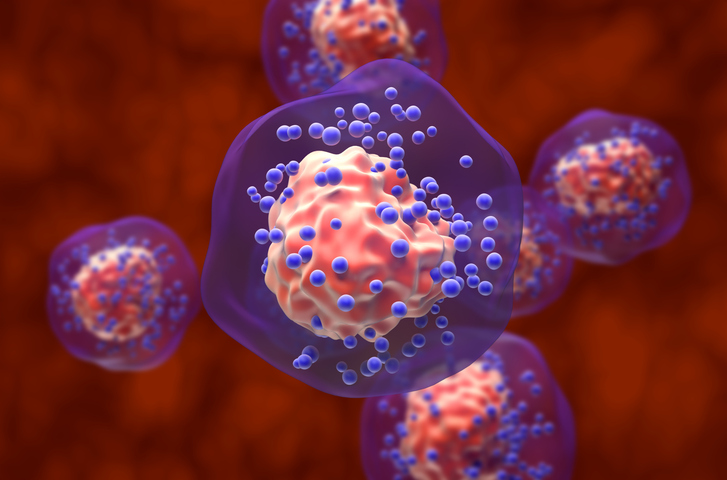
In Pakistan, triple-negative breast cancer (TNBC) constitutes a significant percentage of breast cancers. Because of the lack of hormone expression in TNBC, specifically estrogen; progesterone; and human epidermal growth factor receptor 2, biomarkers prediction for treatment options remains limited. Therefore, researchers aimed to evaluate the roll of excision repair cross complementation group 1 (ERCC1) expression in predicting response to neoadjuvant chemotherapy for patients with TNBC in Pakistan. Results were published in The Breast Journal.
The cross-sectional study included a total of 132 biopsy-proven cases of TNBC that were treated with neoadjuvant chemotherapy before surgery. ERCC1 immunohistochemical staining was performed on needle biopsy specimens obtained before chemotherapy. The results were scored semiquantitatively by assessing the average intensity of staining on a scale of 0-3 (0, no staining; 1, weak nuclear staining; 2, intermediate nuclear staining; and 3, strong nuclear staining) and the proportion of tumor cells showing positive nuclear staining.
Neoadjuvant chemotherapy response was classified as pathologic complete response (pCR) when no residual invasive breast carcinoma was found in the post-neoadjuvant chemotherapy excision specimen and as pathologic partial response (pPR) when residual cancer cells were detected in admixed chemotherapy-related changes. The Residual cancer burden (RCB) was determined by using the MD Anderson RCB calculator, and the association between ERCC1 expression and chemotherapy response/RCB class was determined.
The researchers found that 90.9% of TNBC cases (n=120) expressed ECCR1, and pCR was noted in 18.2% of cases (n=24). A significant association was observed between ERCC1 expression and pCR.
- Cases with negative ERCC1 expression had a significantly higher frequency of pCR (66.7%) than did those with positive ERCC1 expression (13.3%).
- The ERCC1-positive group showed a higher frequency of RCB classes II (36.7%) and III (43.3%) than did the ERCC1-negative group (RCB II, 25%; RCB III, 0%).
- Positive ERCC1 expression was associated with higher nodal stage.
The researchers concluded that this study “established the role of negative ERCC1 expression in predicting the response to chemotherapy in neoadjuvant TNBC. Therefore, ERCC1 can be used as a predictive marker to stratify patients who will benefit from neoadjuvant therapy.”
Reference
Hashmi AA, Ajaz Y, Sajjad M, et al. Predictive value of excision repair cross complementation group 1 (ERCC1) by immunohistochemistry for determining neoadjuvant chemotherapy response in triple-negative breast cancers. Breast J. 2025;2025(1):8410670. Published February 18, 2025. doi:10.1155/tbj/8410670

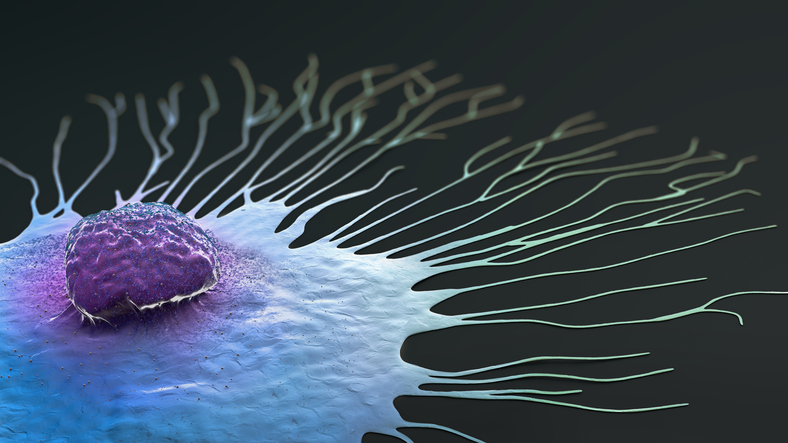

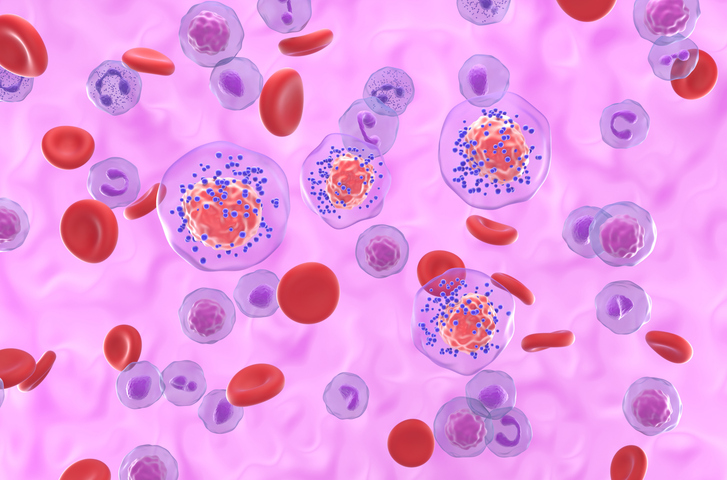
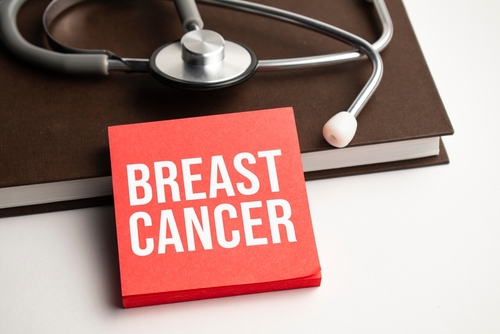
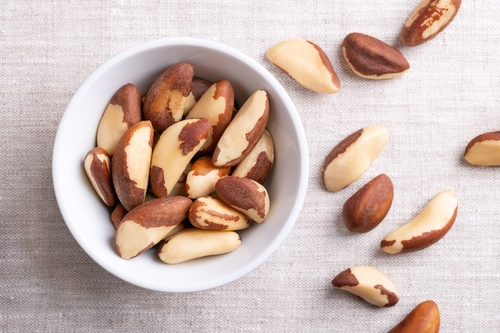

 © 2025 Mashup Media, LLC, a Formedics Property. All Rights Reserved.
© 2025 Mashup Media, LLC, a Formedics Property. All Rights Reserved.